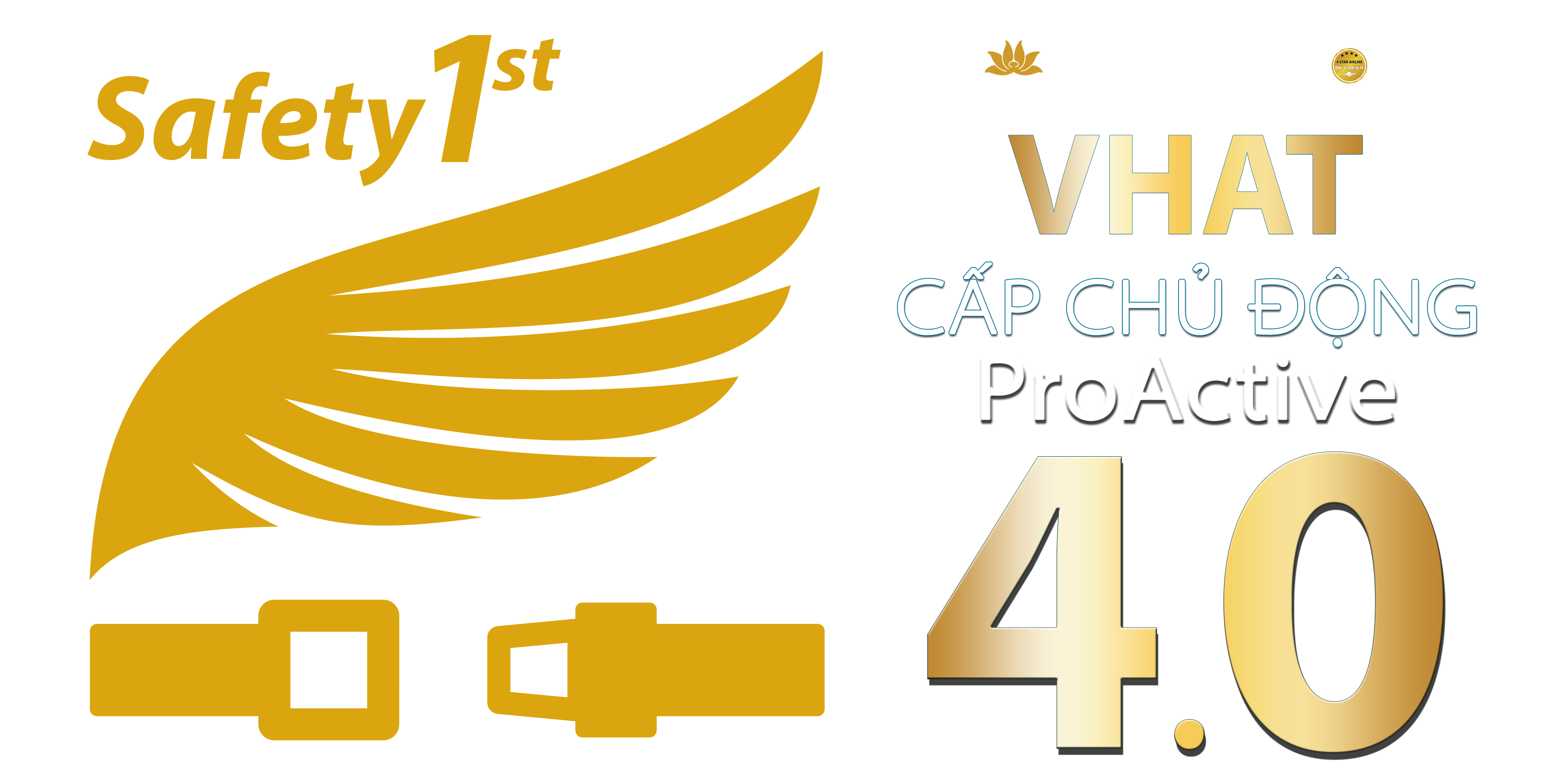The presentation also made clear the following obligations and responsibilities of aviation stakeholders towards implementing Just Culture in safety:
1. For Aviation Regulators
- In close cooperation with aviation stakeholders, develop and implement regulations that foster an open reporting system in line with the principles of Just Culture.
- Clearly define the definitions of acceptable and unacceptable behaviour within the legal framework and promote awareness.
- Provide legal framework that prevent unjust,
unwarranted or inappropriate disciplinary proceedings for incidents and
accidents which were not caused as
a result of reckless behaviour or gross negligence. - Facilitate the interfacing of Just Culture with the investigation process and the judiciary system.
- In close coordination with ICAO, develop regional safety programs to ensure a regionally consistent implementation of Just Culture regulations.
2. For Vietnam Airlines’ leadership
- Provide company Safety vision, Just Culture policy and demonstrate a commitment to safe, reliable delivery of high quality care and establish a sense of urgency around reducing risks to staff and customers.
- Ensure that Just Culture and safety initiatives are provided with the resources and priority necessary for successful implementation.
- Involve and coordinate leader participation: E.g.: human resources, risk/quality management, operational functions and address the barriers and conflicts that inevitably arise.
3. For Vietnam Airlines’ Safety & Quality Department
- Develop, promulgate a Just Culture implementation plan for the organisation.
- Educate, provide Just Culture training to leadership teams and management staff.
- Develop ‘Train the trainers’ programs to allow key management personnel and Just Culture ‘champions’ the ability to provide training for other employees.
- Conduct safety culture survey and perform GAP analysis.
- Establish clear behavioural and performance expectations, aligning reward, risk management and disciplinary systems to support company safety policies.
- Incorporate risk analysis into the organisation’s business strategy, establishing organisational and system-wide risk reduction goals and system changes where necessary.
- Ensure sustainable improvement by creating a strong culture that learns from errors.
- Provide user-friendly reporting tools to employees and feedback system.
4. For Vietnam Airlines’ department managers
- Be well-versed with Just Culture philosophy and maintain a thorough working knowledge of how to apply Just Culture following any incident, accident or other safety related event.
- Promote Just Culture to employees.
- Establish and maintain effective communication channels with the SQD to investigate sources of errors and at-risk behaviours – turning safety events into understanding of risk.
- Design quality safety systems and facilitate safe choices.
5. For Vietnam Airlines’ staff
- Have the responsibility to proactively identify and report any threat and/or hazard which is affecting or has the potential to affect the organisation’s operations.
- Report any arisen errors and hazards.
- Must have a clear understanding between acceptable and unacceptable behaviour.
- Have the responsibility to follow procedures and make safe choices that are aligned with organisational values.
- Communicate any SMS process shortcomings to the applicable operating division and/or Department managers and help promote VNA’s safety policies.
As such, with all aviation stakeholders have shown awareness of Just Culture and its positive effects, Vietnam Airlines’ Safety-Quality Department has moved forward with creating a framework on development and implementation of Just Culture to be used organisation-wide in Vietnam Airlines, as assigned per the department’s functionality.
